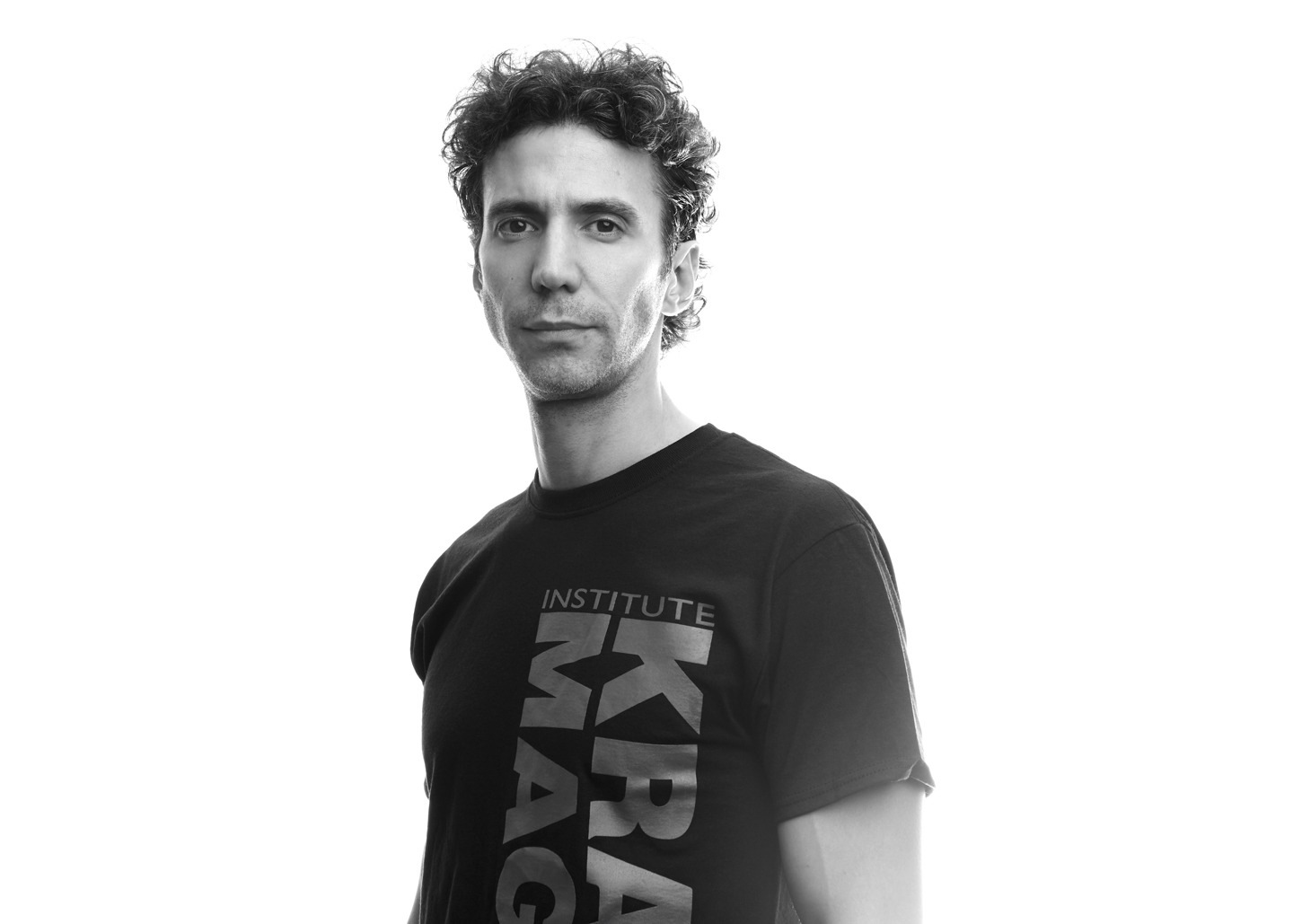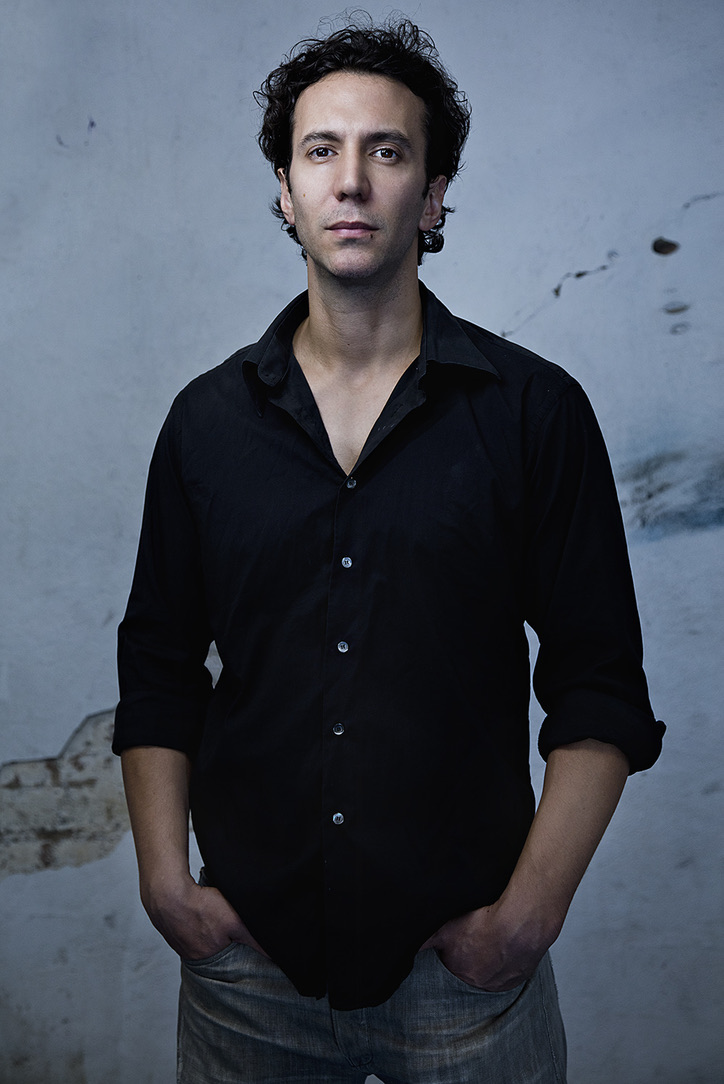We were lucky to catch up with Patrick Lockton recently and have shared our conversation below.
Patrick, looking forward to hearing all of your stories today. What do you think it takes to be successful?
The answer to this depends on your definition of success. Most people in the USA define success in financial terms because of powerful and pervasive social narratives and because it provides an easy yet clear objective metric. This tendency to rely on money as a measure of success is compounded by people’s propensity to compare themselves to others and status anxiety. However, money, in my view, provides only a very narrow way to look at success. You can be making millions but be working constantly, be in ill health, have no family and friends, stressed and hate your job. Or you can love your work, have friends, family and love your work and not make much money. Who is more successful? It is debatable. I think success ultimately, comes down to happiness and the quality of your day to day experience: a healthy balance in your life and having the freedom to enjoy your life, friends, family and work without having to worry about money.
Financial success depends on a confluence of factors not least: opportunity, preparation and consistency, a love for the work. Having access to an opportunity (through a network, having expertise, working in a high demand niche) then acting upon it is the first step. Next, comes preparation (basically, hard work, strategy, presentation, good communication, a good team and consistency) then add a deep love of the work (you have to like it or at the very least be good at it). Get these right and you vastly increase your chances of succeeding.
For me, success meant not having to worry about money, having the freedom to pursue passions/purpose and enjoy life to the full with my family.
I personally used a particular strategy to start and grow my real estate development company in DC and nationwide martial arts organization. The strategy I employed is called bricolage which means applying combinations of the resources available to me at the time (who I knew) and my skills (legal, financial, social skills and martial arts expertise) to new problems and opportunities: a lack of residential real estate in DC and a dearth of practical self-defense schools in an increasingly dangerous NYC. Start as a service then find a way to scale.

Patrick, before we move on to more of these sorts of questions, can you take some time to bring our readers up to speed on you and what you do?
I moved to the USA from the UK in 2010 after the financial crisis and during the worst recession my generation has ever seen. I was a corporate finance attorney by trade but there weren’t any lawyer jobs in NYC so I decided to start my own virtual law firm. I harnessed the power of online search (other law firms were not doing that at the time) and managed to get myself to the top of Google rankings within a few months and was inundated with inquiries. I could not keep up with the workload. The catch? I was lonely and did not enjoy the time intensive legal work.
I tried to find a practical martial arts and fitness class so I could make some new friends, and there were none suitable – so I decided to start my own. I was already a certified Krav Maga instructor (which I did for fun and access to intensive training) and I decided to test the market by starting an outdoor class in Central Park. I found a unique way to market my classes online and generate word of mouth and the classes grew exponentially. To avoid the expense of high NYC rents we rented available studio space per hour and poured the savings into marketing and hiring. I had over 120 students within a year (already outgrowing established martial arts schools) so I got serious about it as a business and invested in the idea of creating a unique, scalable practical self defense organization that focused on significant pain points of living in a big city. The Krav Maga Institute (KMI) had 3 locations within a few years and 6 locations by the end of 2019.
My strategy for building a fitness brand focused on staying as close as possible to the customer and really listening to them; responding to their biggest pain points – which as it turned out were a lot more nuanced than I thought. This allowed KMI to super-serve value to customers. KMI is unique in a few different ways. Firstly, it teaches a wholly practical self defense and fitness system that is easy to learn and fun. Secondly, KMI also focuses on building necessary life skills that nobody else teaches (e.g. self-confidence and a forthright ‘doer’ mindset that people found helped them professionally). Thirdly, KMI is also a community where students became incredibly good friends; in New York, you need a lot of friends to survive.
While starting KMI, I lived frugally and used any extra cash I had to invest in a real estate development project in Washington DC that a friend of mine was beginning. The investment paid off handsomely as DC had become one of the fastest growing real estate markets in the USA. We continued to develop other properties and we are now developing a residential building with over 30 units.
Are there any books, videos, essays or other resources that have significantly impacted your management and entrepreneurial thinking and philosophy?
The book Crossing the Chasm and the Lean Start Up had a huge impact on me. You really do not have a chance without having an understanding of strategy and product development. The other book that has helped me in all sorts of unexpected ways is the Hero with 1000 Faces by Joseph Campbell. All entrepreneurs need to understand story in my view.
I studied at the University of Cambridge and so I really value education but I do not have an MBA – you do not need it unless you are trying to build a network and credibility (that is the real draw for me). Entrepreneurship is one of those professions that do not require a traditional education. It should be taught in school to everyone in my opinion.

Do you have any stories of times when you almost missed payroll or any other near death experiences for your business?
The pandemic was disastrous for a lot of businesses, mine included.
I had to shut down a drinks company I was working on in the UK (supply chains broke down), it slowed down real estate construction and I had to close all of KMI’s physical locations. I used it as an opportunity to get creative, restructure and lean up my businesses. It ended up being a blessing in disguise: my businesses had become stagnant. We are making record profits and I am able to enjoy my family and pursue my passions. For instance, I wrote a feature film script during the pandemic that was financed and shot at the end of last year and I am now writing a book about well-being for entrepreneurs.
Contact Info:
- Website: https://www.KravMaga.co
- Instagram: @patricklockton
- Linkedin: https://www.linkedin.com/in/patricklockton/
- Twitter: @patricklockton
- Youtube: https://www.youtube.com/kravmagainstitutenyc
- Other: Second website: http://www.kravmagainstitutenyc.com/
NYC schools website: @kravmaganyc

Image Credits
Greg Buda


